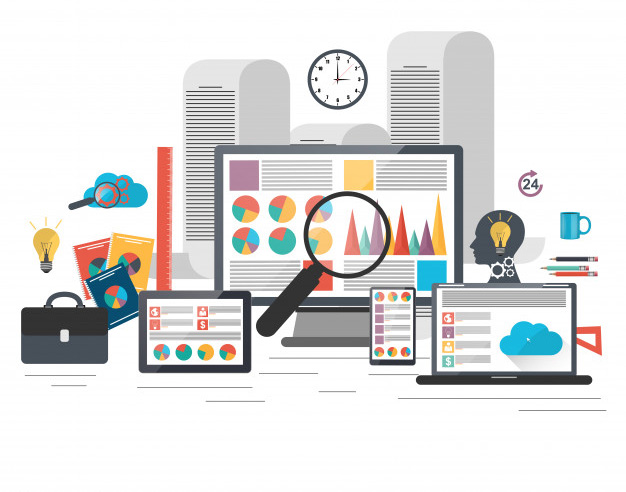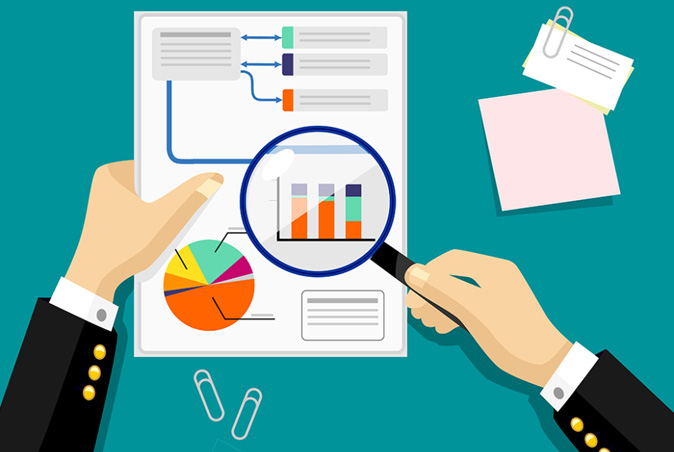+91 9745166614
+91 9946601122
Mon-Fri 9am-6pm

Big data analytics is the method of examining large and varied data sets -- i.e., big data -- to uncover hidden patterns, unknown correlations, market trends, customer preferences and other useful material that can help organizations make more-informed business decisions. On a broad scale, data analytics technologies and techniques offer means of analyzing data sets and drawing conclusions about them to help organizations make informed business decisions.
Driven by focused analytics systems and software, big data analytics can point the way to various business benefits, including new revenue opportunities, more effective marketing, better customer service, improved operational efficiency and competitive advantages over rivals.

Unstructured and semi-structured data types usually don't fit well in traditional data warehouses that are based on relational databases oriented to structured data sets. Furthermore, data warehouses may not be able to handle the processing demands posed by sets of big data that need to be updated regularly -- or even continually, as in the case of real-time data on stock trading, the online actions of website visitors or the performance of mobile applications.
As a result, many administrations that collect, process and analyze big data turn to NoSQL databases as well as Hadoop and its companion tools, including: